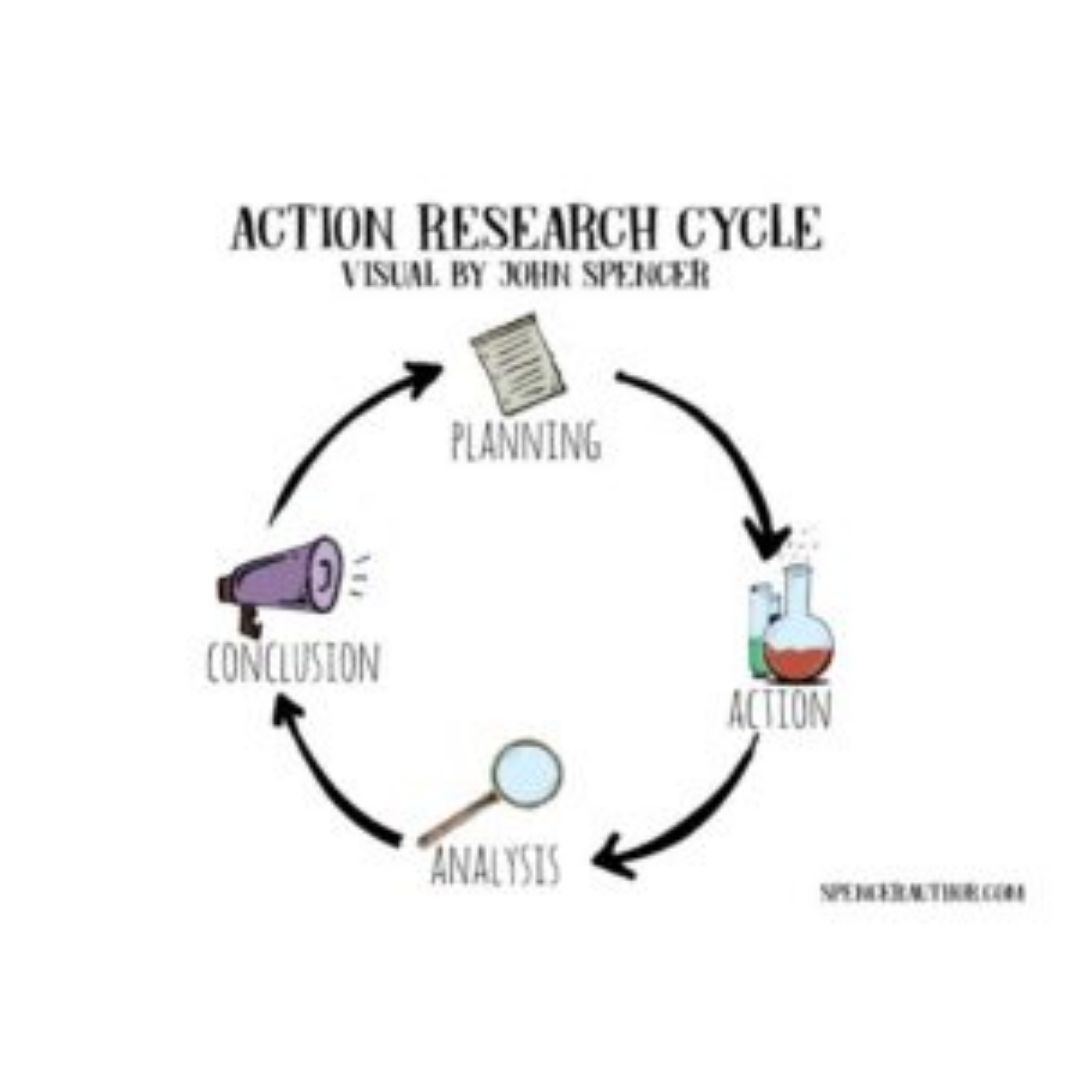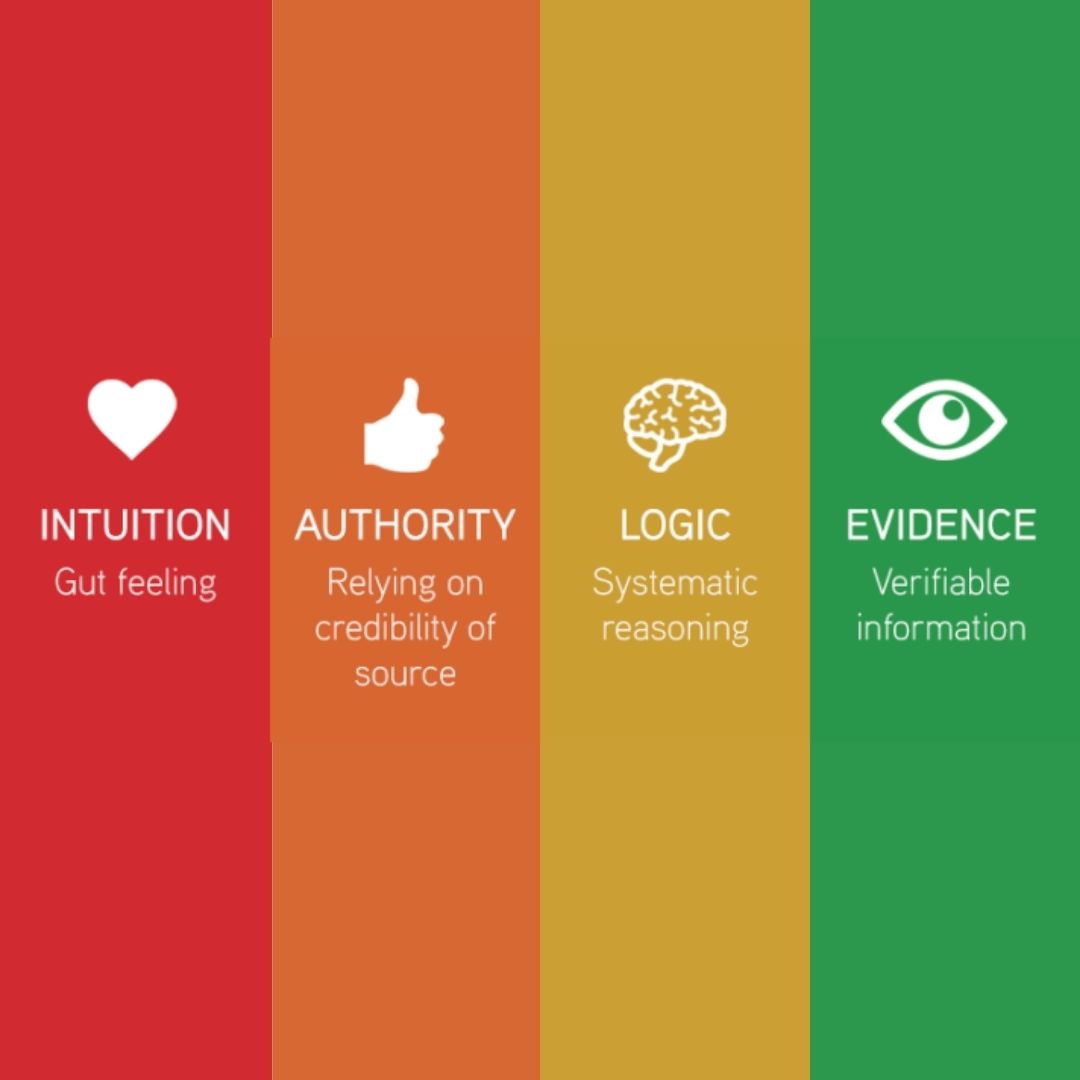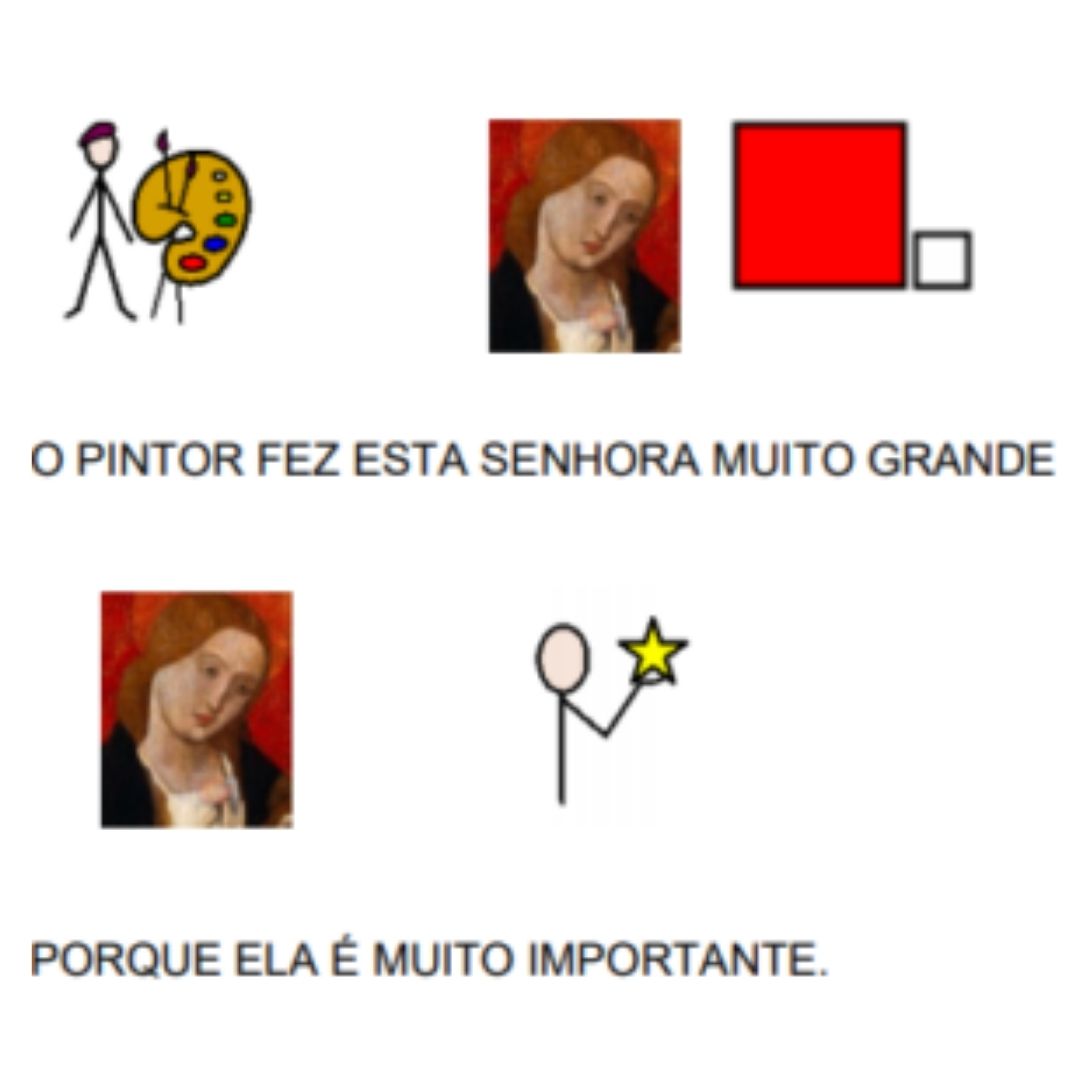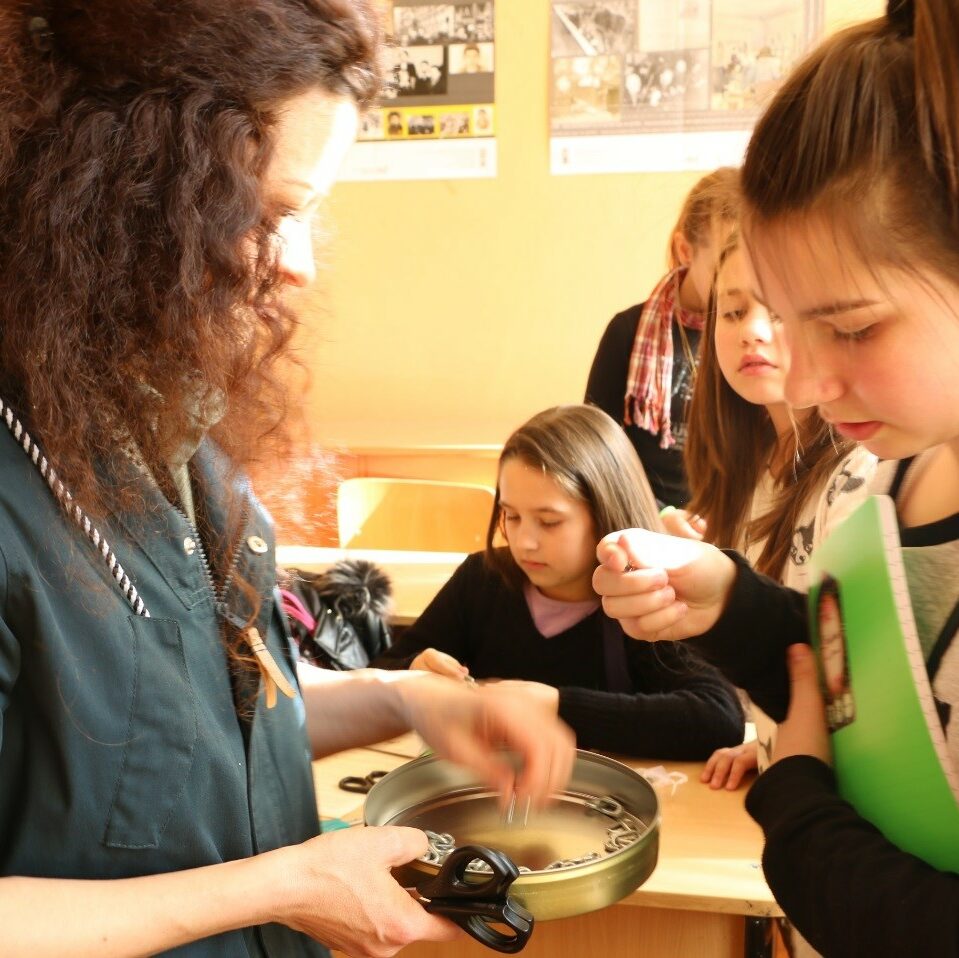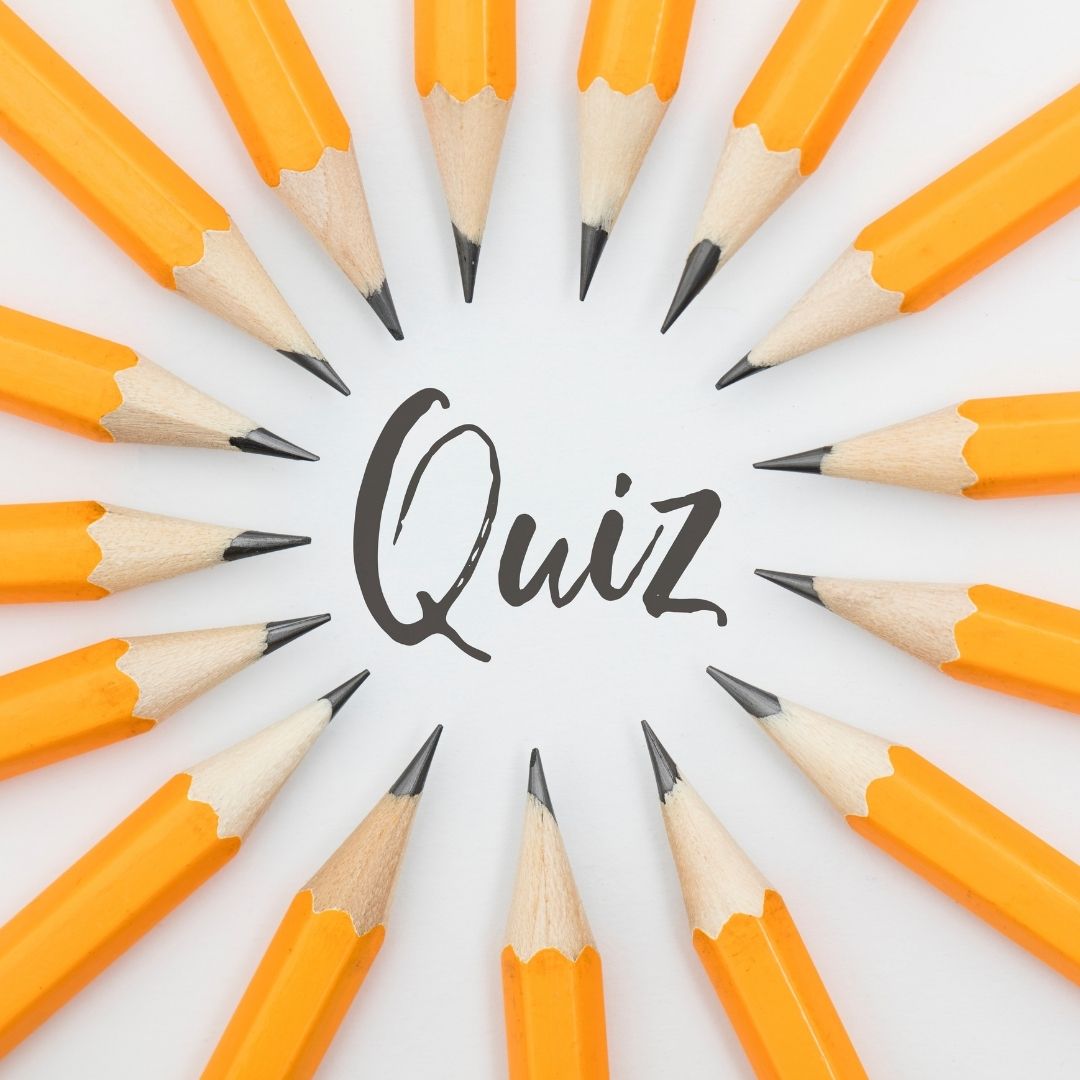Recommendations for responsible teaching of the wars in Yugoslavia and its successor states.
Out of all post-Yugoslav countries, the topic of wars in Yugoslavia and its successor states is covered most extensively in history curricula and textbooks as well as in dedicated teacher training programs in Croatia. Focusing on war in Croatia (the term used is Homeland War), Croatian history curricula prescribe not only the historical content to be taught but also to a certain extent also the historical interpretations of the events, people and processes covered. Textbooks in use vary in terms of interpretations they convey (some go well beyond the simplistic, heroic and self victimizing narratives prescribed by curricula and some are completely in line with it). Textbooks also vary in terms of their didactic equipment (some textbooks are text dominant with mainly repetition tasks for students and sources that are accompanied by interpretations, while others are source-rich with more complex tasks for students). These differences reflect different understandings of the purpose of history teaching (history teaching for learning about historical inquiry against or history teaching for transmitting the appropriate interpretation to students).
In relation to the challenges identified, possibilities to overcome them should be explored and history teaching that aims to nurture a critical understanding of the wars through cultivation of historical thinking should be fostered as it is found that myths, as well as prejudices and stereotypes arise from them. We believe that history teaching should have a transformative role, not only in how past conflicts are perceived but also in building sustainable peace in this region. In the process of developing recommendations for responsible teaching of the wars in Yugoslavia and its successor states, we explored guidelines, recommendations and educational approaches to the teaching of other sensitive and controversial topics, while keeping in mind the specifics of the experience of these historical events. We hold that some of these approaches can also be applied to teaching wars in question

Action Research: projects as active methods to develop civic skills

How do we decide what we believe? – Helping students learn how to question beliefs and test claims to become more (self) critical and evidence based in their thinking

Augmentative Communication: the creation of visual vocabularies as a support in the study of works of art

The Other, The Different, The Identical

Silent Learning: the use of Quizzes to motivate and assess participation and learning in the classroom

